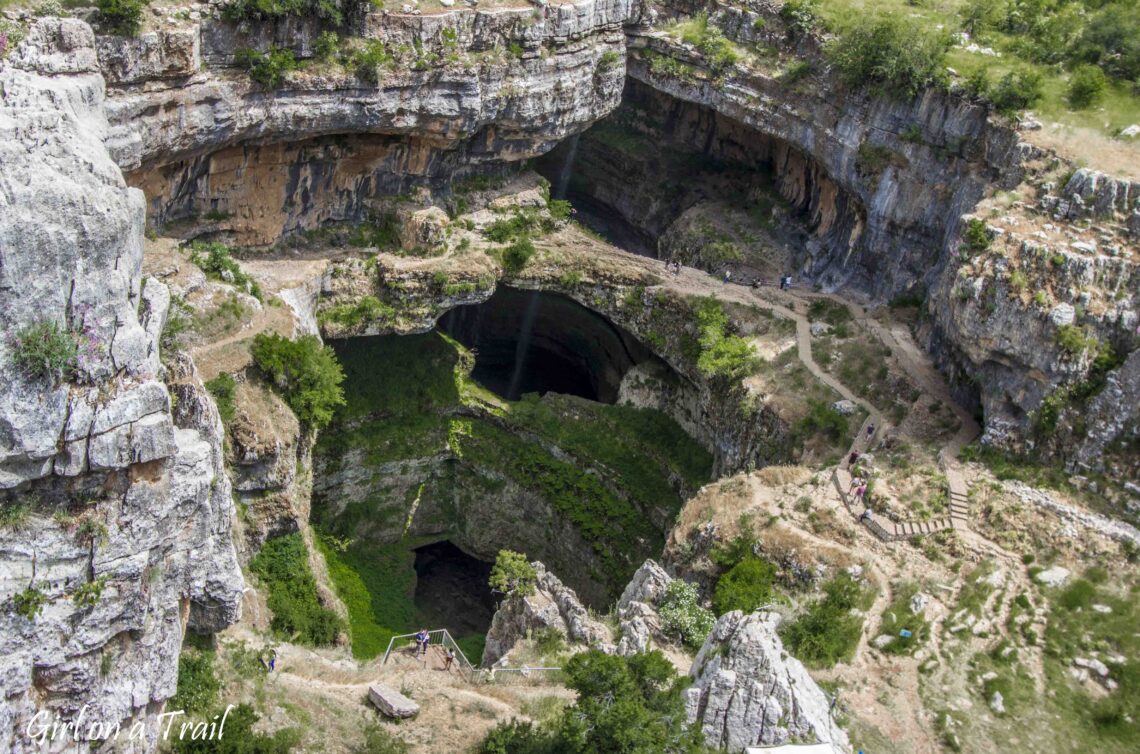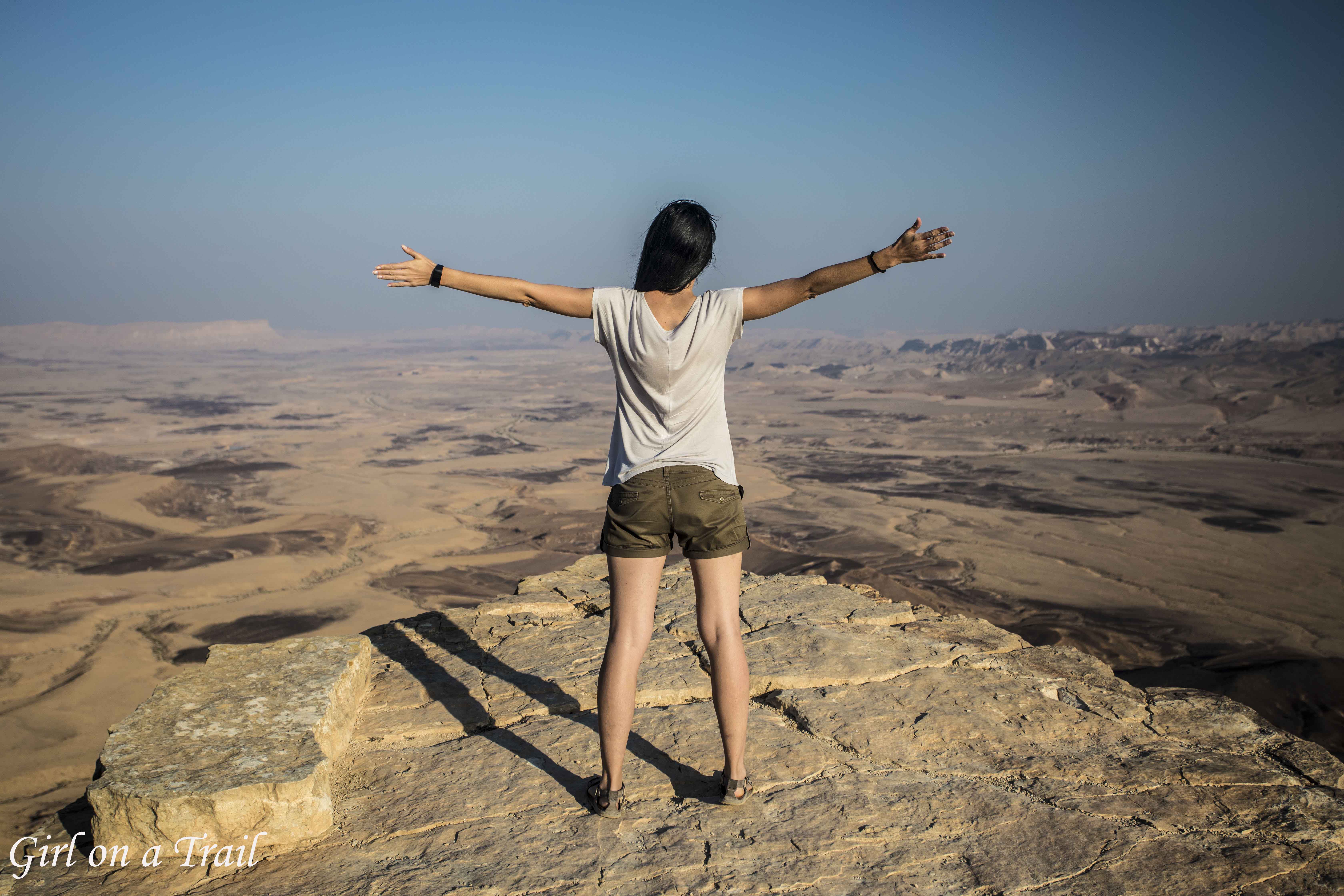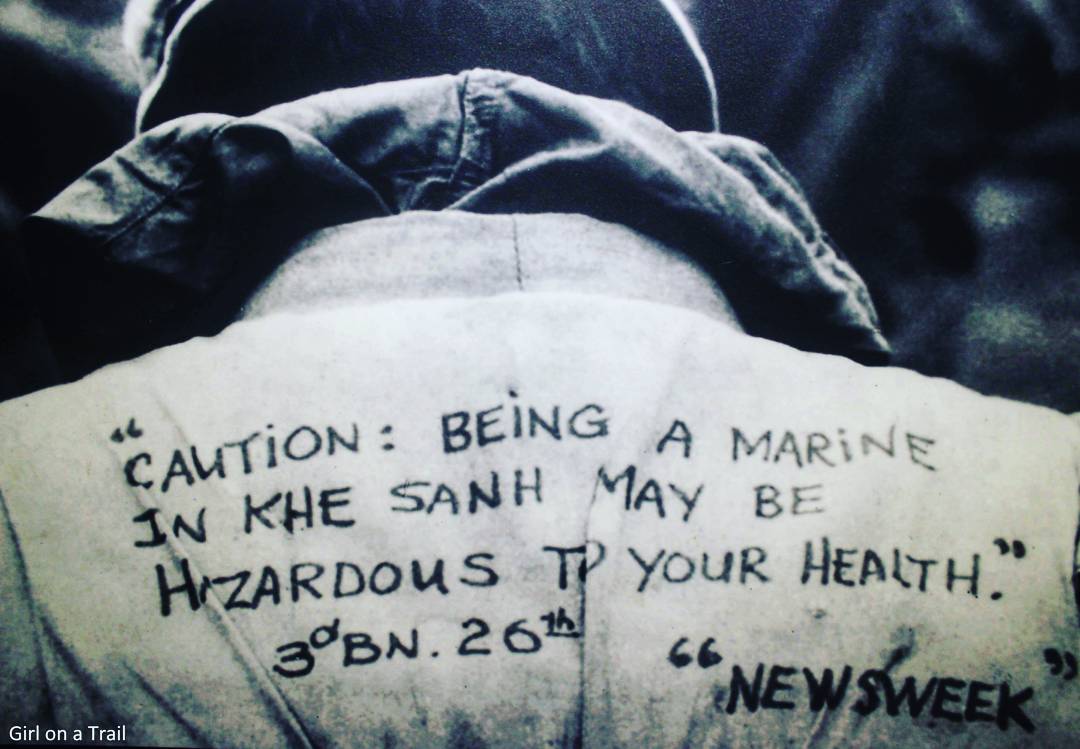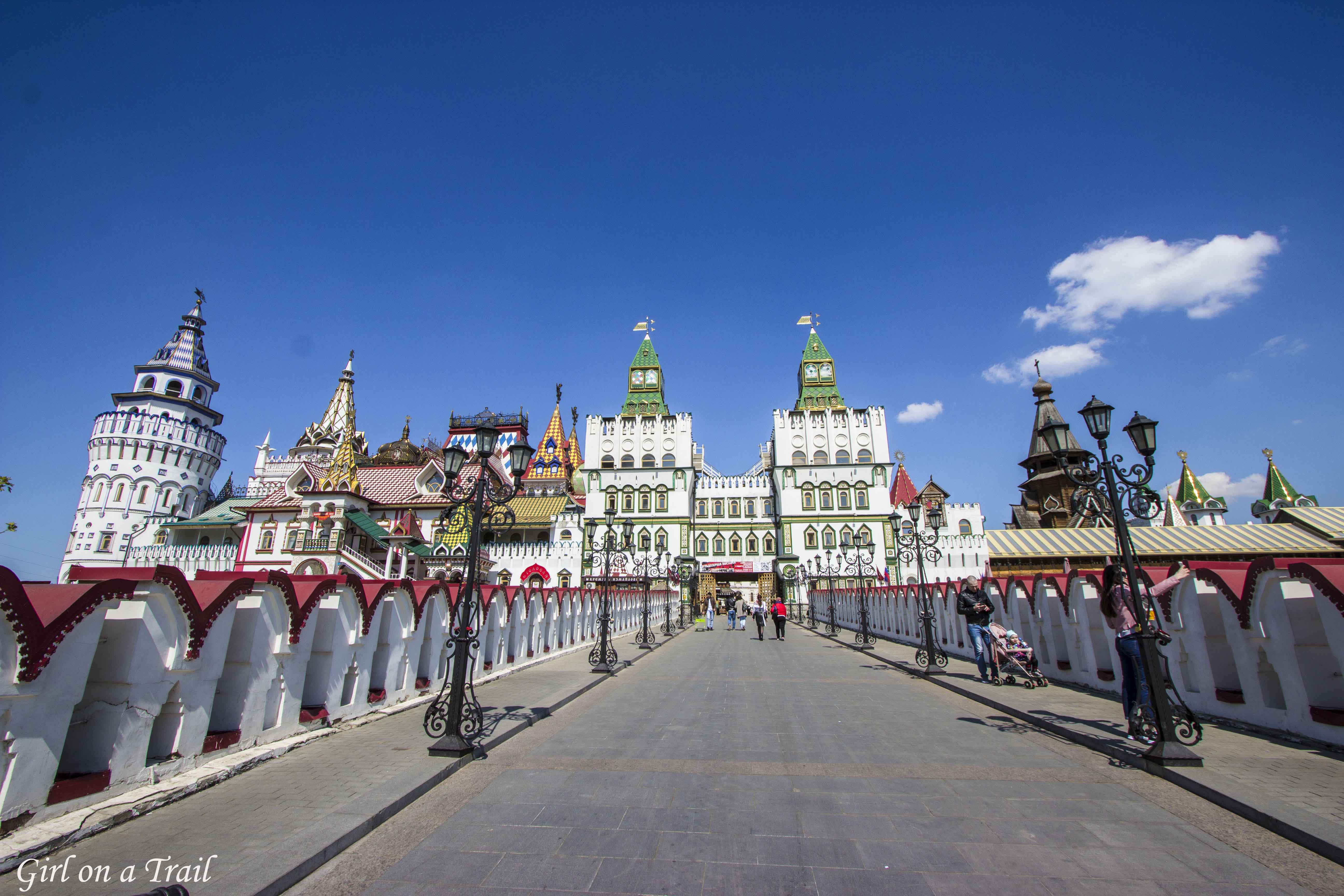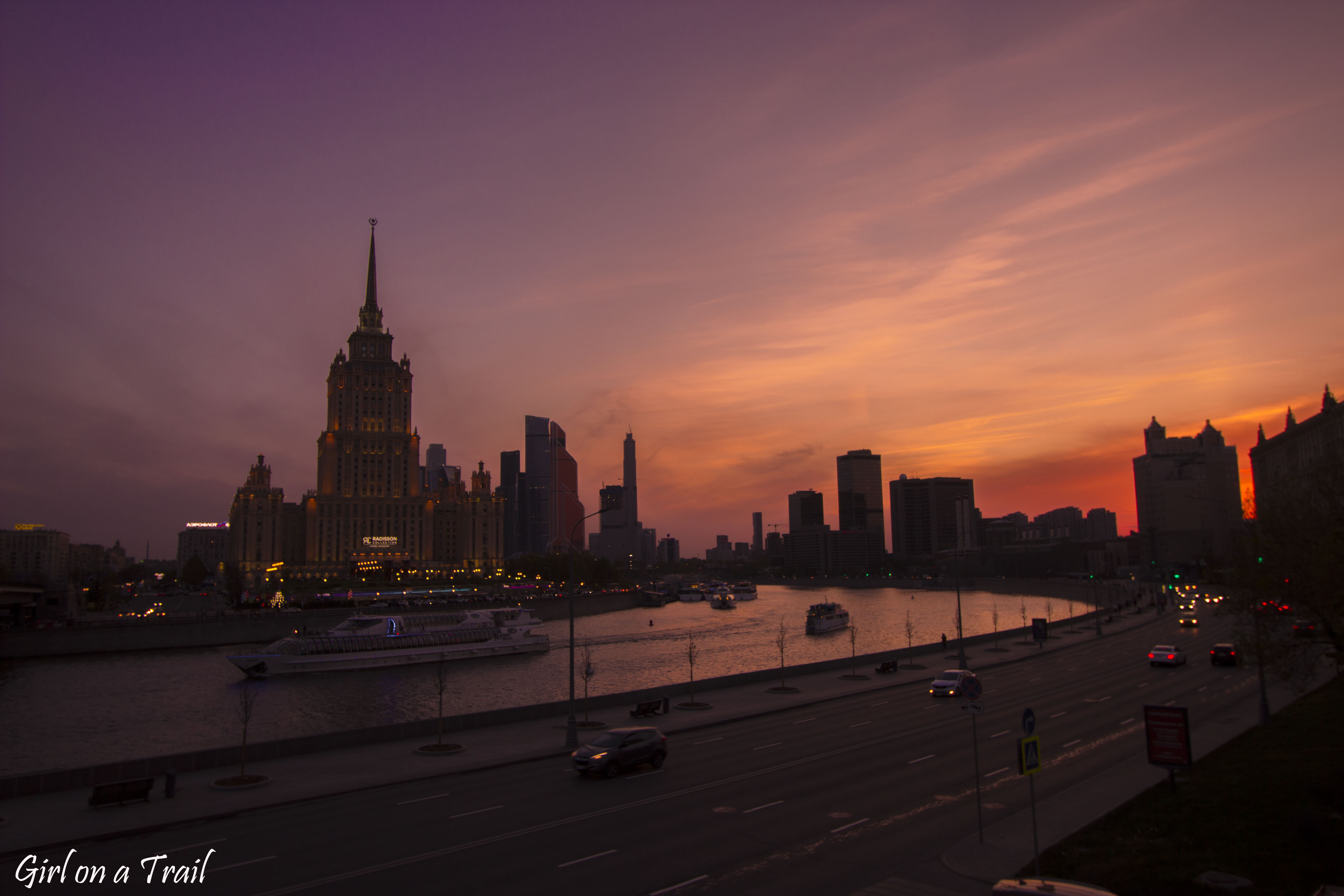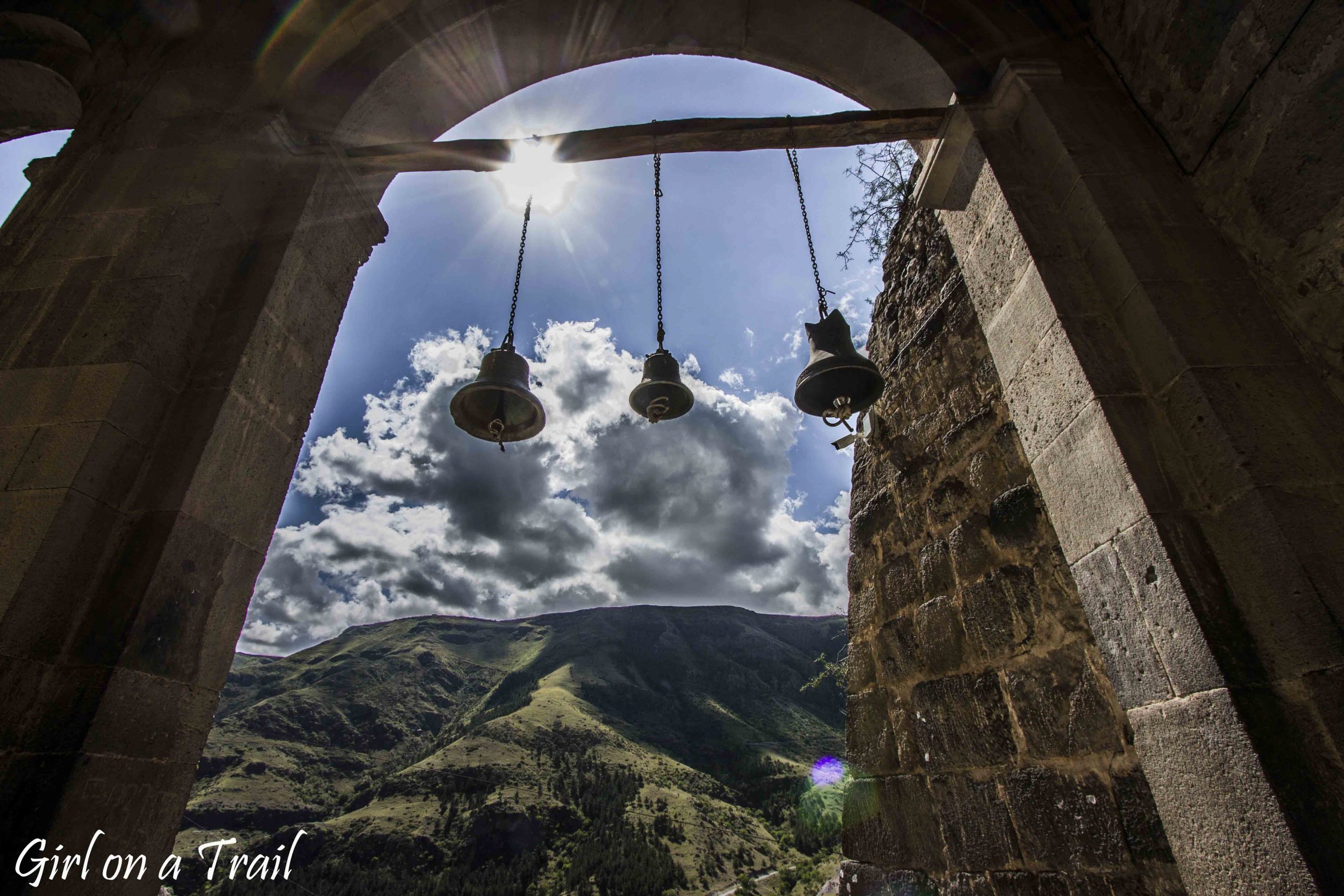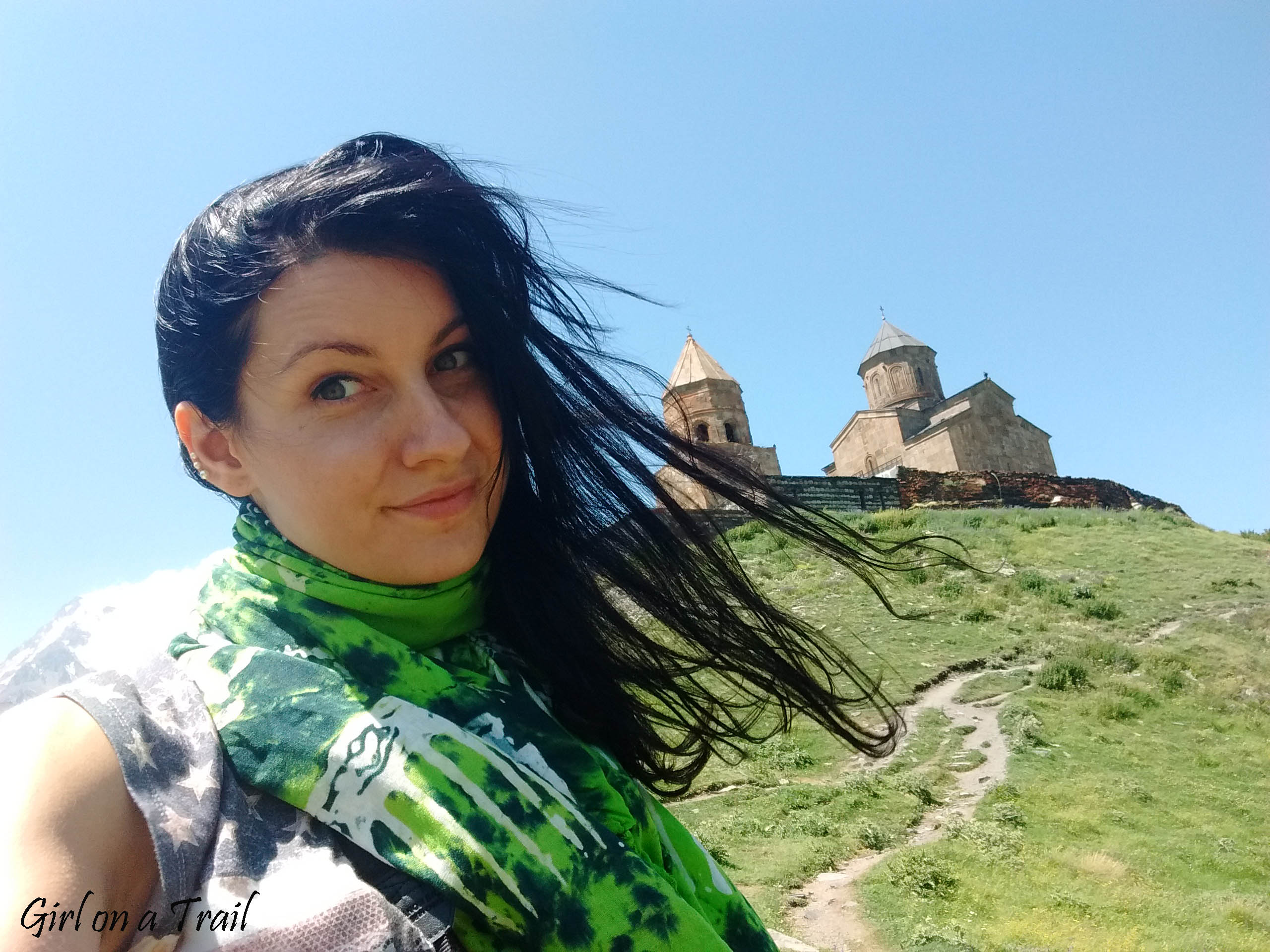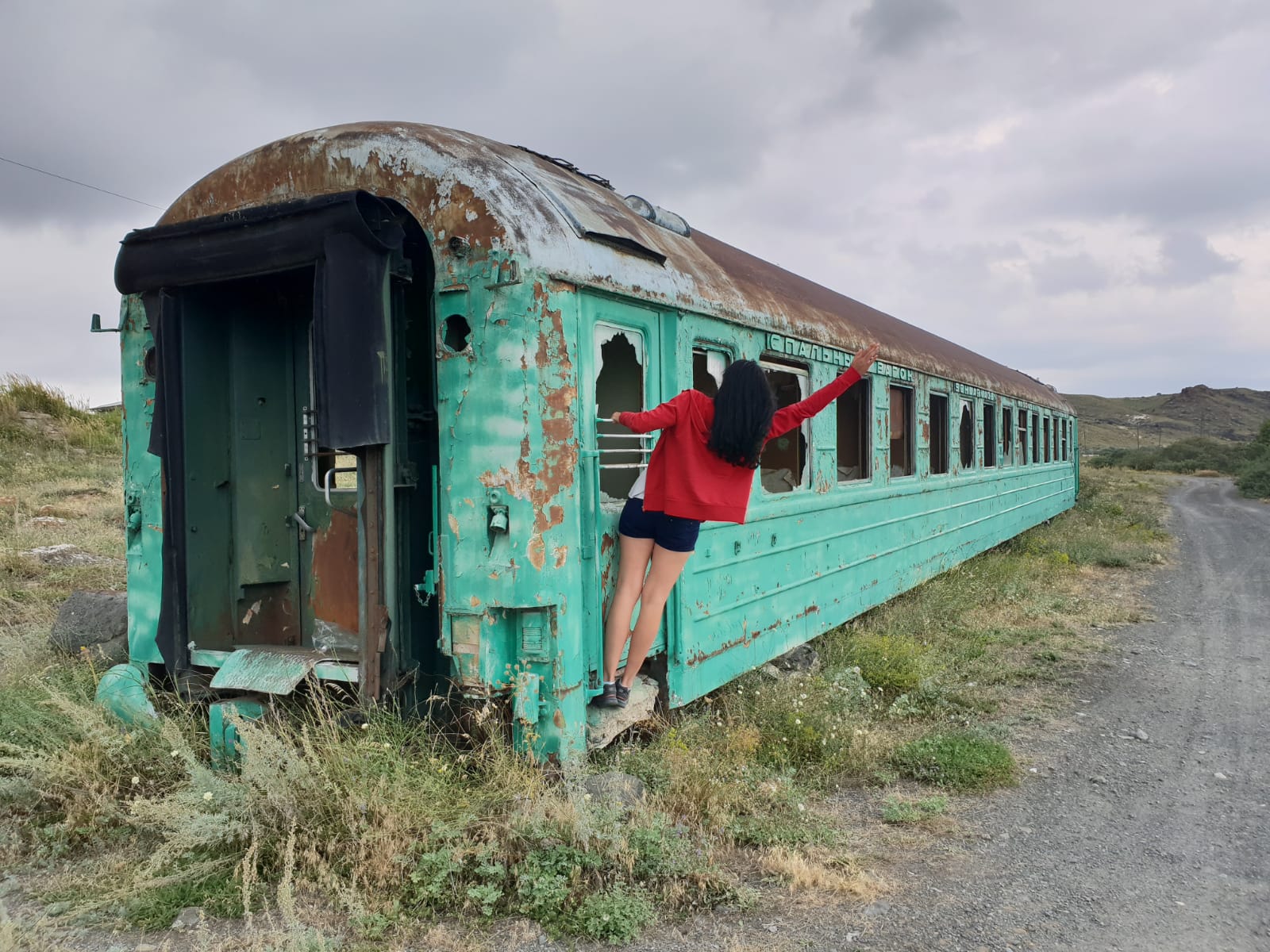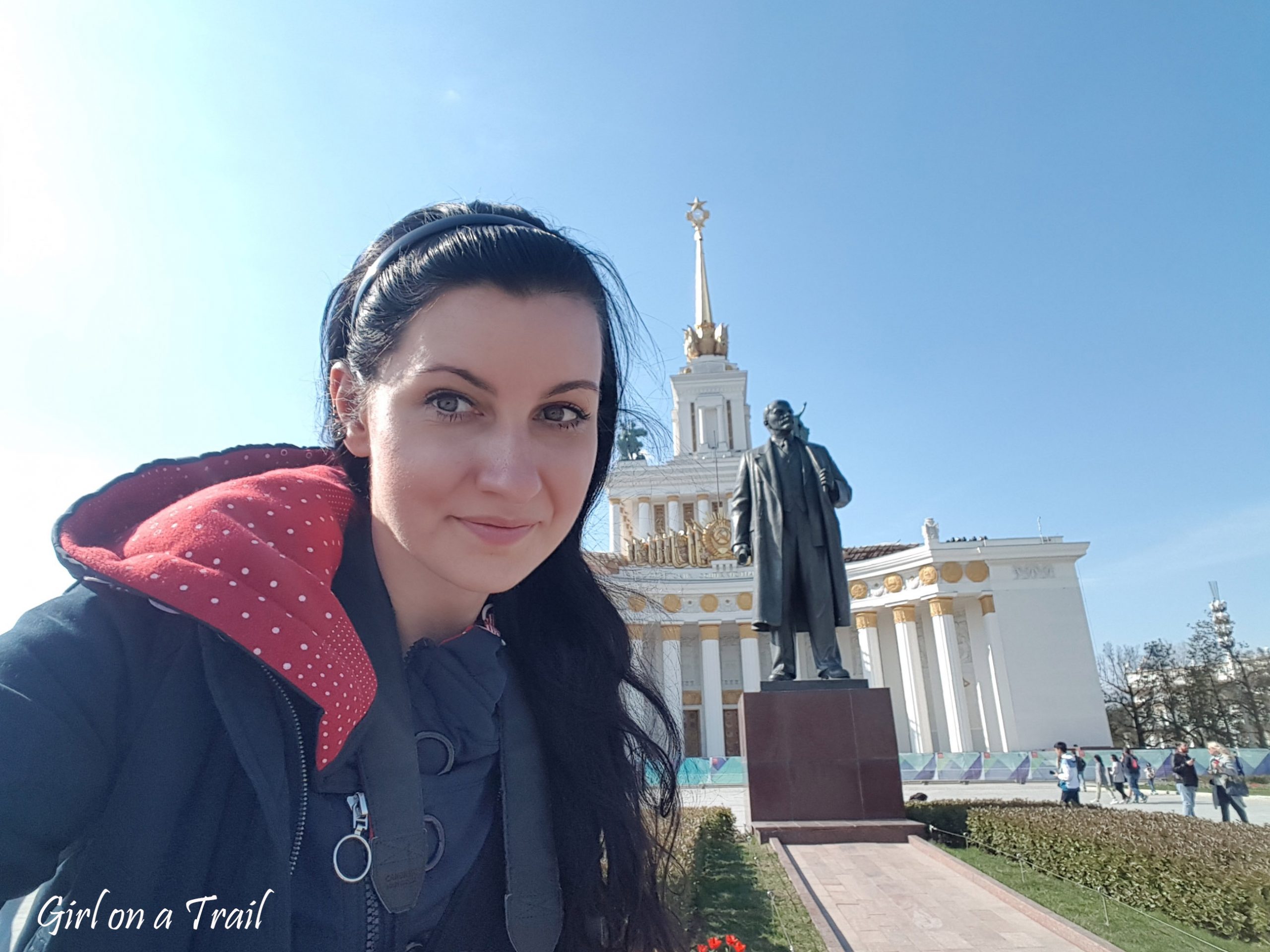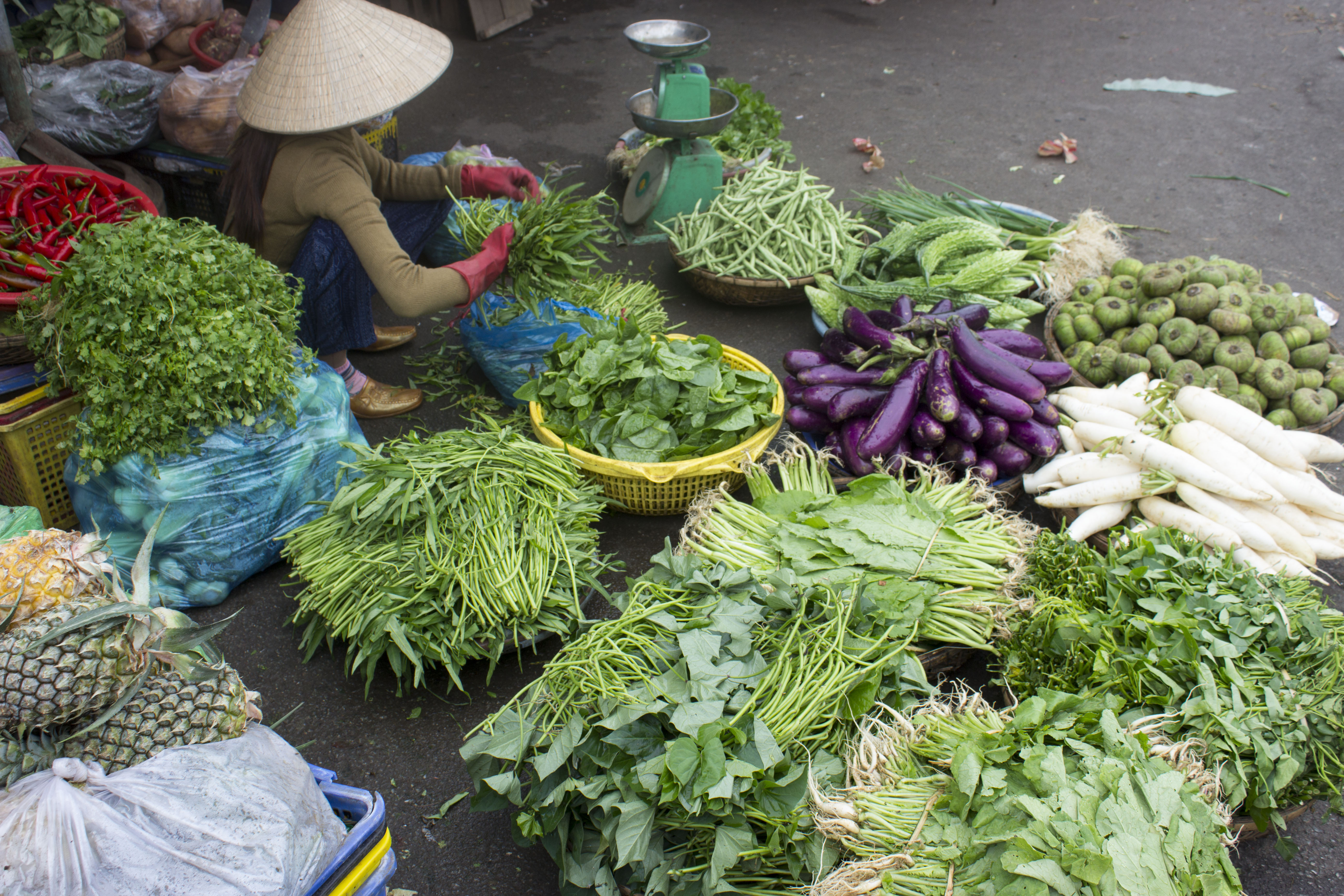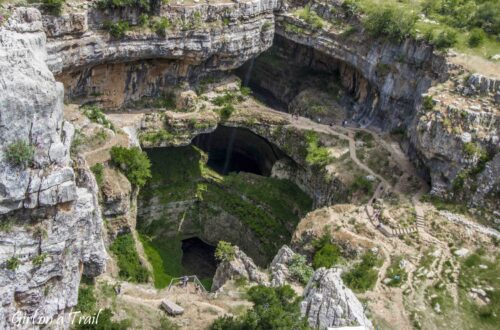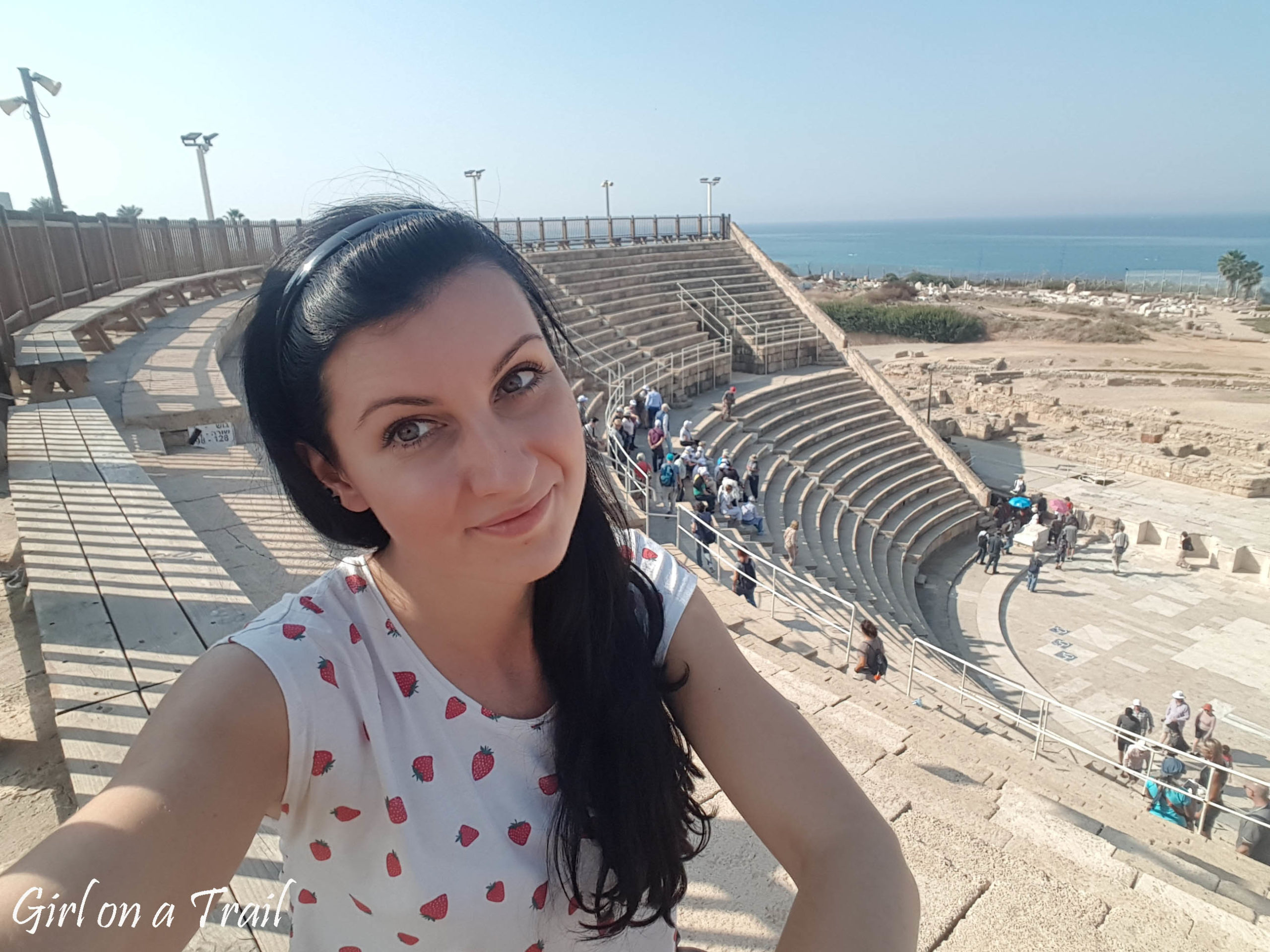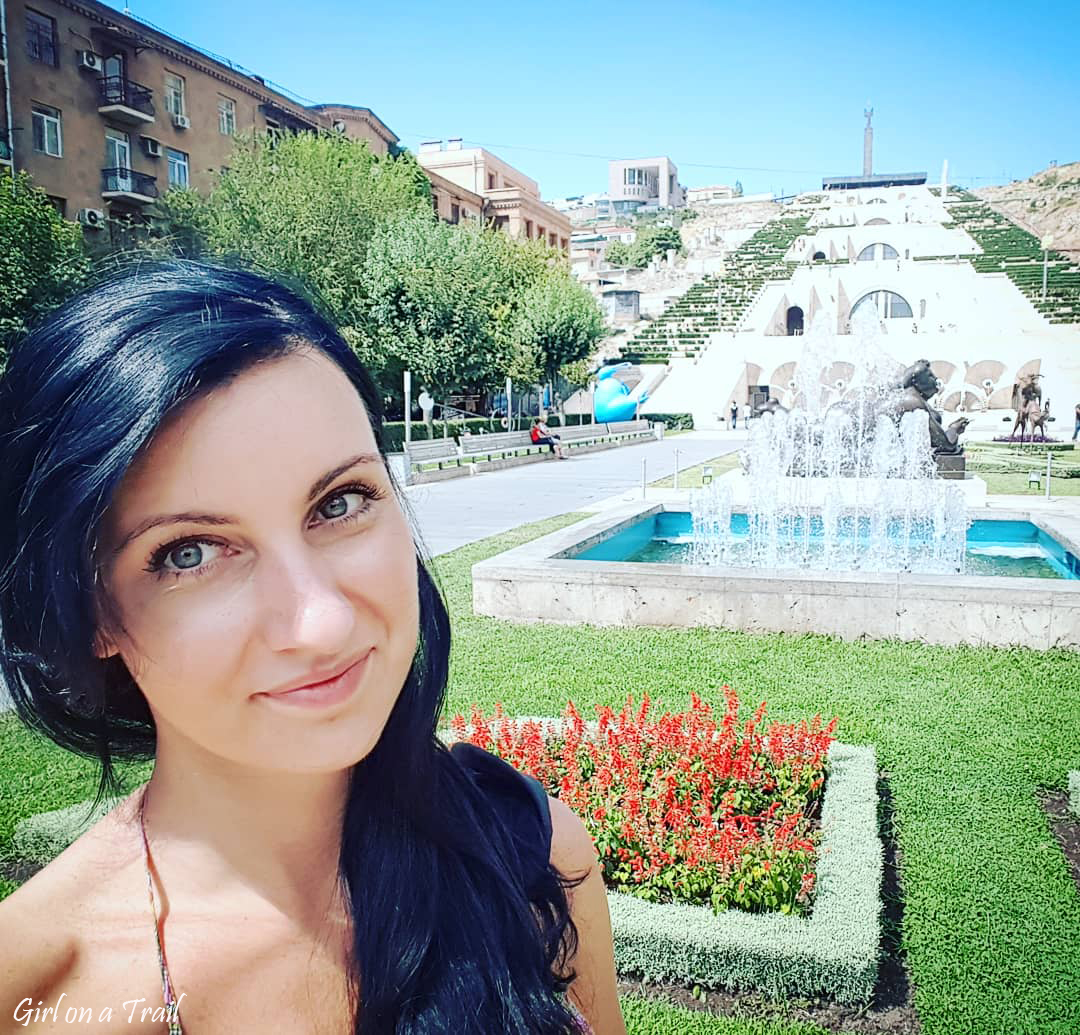Middle East
-
Lebanon – off the beaten path
Lebanon is a country that not only delights with its history and culture, but also with its rich nature. Picturesquely located religious buildings, spectacular waterfalls, huge caves, and the ruins of ancient metropolises are just a small sample of what you can discover while traveling around this amazing country. So far, I’ve written about Lebanon from a geopolitical perspective, I’ve tried to show the realities of life and the problems it encounters. Leaving aside the uncertain political situation, Lebanon is one of the most beautiful countries I’ve ever seen. Less than 30 kilometers from Beirut, in the town of Harissa, there’s one of the most important Christian sanctuaries in Lebanon…
-
Tripoli – Lebanese Kandahar
Tripoli, often confused with the capital of Libya, is the second largest city in Lebanon. It was founded by the Phoenicians in the 4th century BC, as a port city and for a long time it was a centre of trade. Tripoli has a rich history. It was under the rule of Persians, Romans and Mamluks. In 1109 it was taken over by the Crusaders. A reminder of those times is the Citadel, also known as Saint-Gilles Castle – one of the city’s main attractions. There’s an interesting view of the city and the Abou Ali River. Due to its strategic location, the citadel is currently used by the Lebanese…
-
Kuwait – space towers and Operation Desert Tire
I visited Kuwait quite accidentally and spontaneously. Accidentally, I found cheap tickets there, and I spontaneously visited it regardless that from a logistical point of view, this trip was completely pointless. However, let me start from the beginning. One day in August, I started browsing flight offers and noticed that a well-known budget airline had opened new connections from Rome and Vienna to Kuwait. Return tickets were for €40, including weekend flights. I didn’t have to think long, I quickly looked at the map and estimated that 2-3 days would be enough to see the entire country. I didn’t consider a longer trip, as visiting Kuwait’s neighbours was out of…
-
Hezbollah’s Disneyland – where “the land speaks to the heaven”…
Hezbollah’s Disneyland – the Tourist Landmark of the Resistance, created by Hezbollah, is located right next to the village of Mleeta in southern Lebanon, about 50 km from the border with Palestine. The museum was opened on May 25th 2010, on the 10th anniversary of Israel’s withdrawal from southern Lebanon. The road to Hezbollah’s Disneyland, as this place is commonly called, leads through picturesque mountainous areas. Along the way, you pass numerous checkpoints that clearly indicate who manages the territory of southern Lebanon. By no means is it a government with the Lebanese Army… Hezbollah, or the Party of God, was founded during the Lebanese civil war. The beginnings of…
-
Lebanese cuisine
Lebanese cuisine was one of the main reasons why I went to Lebanon. Lebanon has always been a culturally diverse country, and influences from Arab, French and Mediterranean cuisines are evident in everyday dishes.The secret of Lebanese cuisine is its simplicity, flavor and variety. I had the opportunity to try many Lebanese dishes in Poland, but nowhere did they taste as good as in Lebanon. The basis of the meal are mezze, various appetizers like: pita bread, hummus, grilled eggplant dips or olive oil with herbs. They can also be served for breakfast. Speaking of breakfast, it’s the meal that I remember best from Lebanon. And when I think about…
-
Urbex – Lebanon, Girl off the trail…
Urbex (urban exploration) is a way of exploring places that are abandoned and often inaccessible. I must admit that for some time this way of sightseeing has dominated my travels. Why urbex? I could find many reasons, but what excites me the most is discovering the history of inaccessible places piece by piece and the adrenaline rush associated with it. Abandoned places are unique and there’s an exceptional beauty in their slow decay. What’s more, the time causes their constant change, which makes each visit a different experience. These are the reasons why I decided to share my discoveries with you. I start the series with Lebanon – my last…
-
Lebanon – life in the country on the edge…
Lebanon is currently struggling with economic crisis as well as political isolation. It’s mainly associated with Hezbollah and the explosion of ammonium nitrate in the port of Beirut. However, the country used to be very prosperous economically. It attracted many foreign investors as well as tourists. It was called the Switzerland of the Middle East, while Beirut, the Paris of the Middle East, due to its characteristic buildings and a number of cultural events. What has happened that Lebanon is now in such a dramatic situation? This question has been bothering me for a long time. The media portray Lebanon as a dangerous country, which contributes to its progressive isolation.…
-
Beirut – a city like a phoenix from the ashes
Beirut was on my mind for a very long time. I have been interested in the geopolitics of the Middle East for years, so a visit to Lebanon was a natural consequence of that. However, there was another reason that may seem quite strange. I can’t explain it, but every time I hear the names of certain cities, I get chills. Until recently, I thought this fascination was something bizarre. After all, justifying a trip to a place just because of its name, doesn’t sound very inspiring. Fortunately, I am not an exception, some time ago I read Radek Sikorski’s book “Ashes of Saints, Wartime Afghanistan”, in which he wrote…
-
Lebanon – anarchy on the road, there is a method in this madness!
Lebanon is a country where you can experience virtually everything on the road. I admit, I broke every possible rule here. During my several-day stay, I travelled over 1,300 km. Probably many people going to this country are thinking about renting a car. There is no denying that you can guess what the temperament of Lebanese drivers is. How does it look from my perspective? In short, Lebanon is a great place to drive! Roads The condition of the roads is generally very good, moreover, they are all free. Asphalt roads lead to most of the tourist attractions, while dirt roads are also not a big challenge for a standard…
